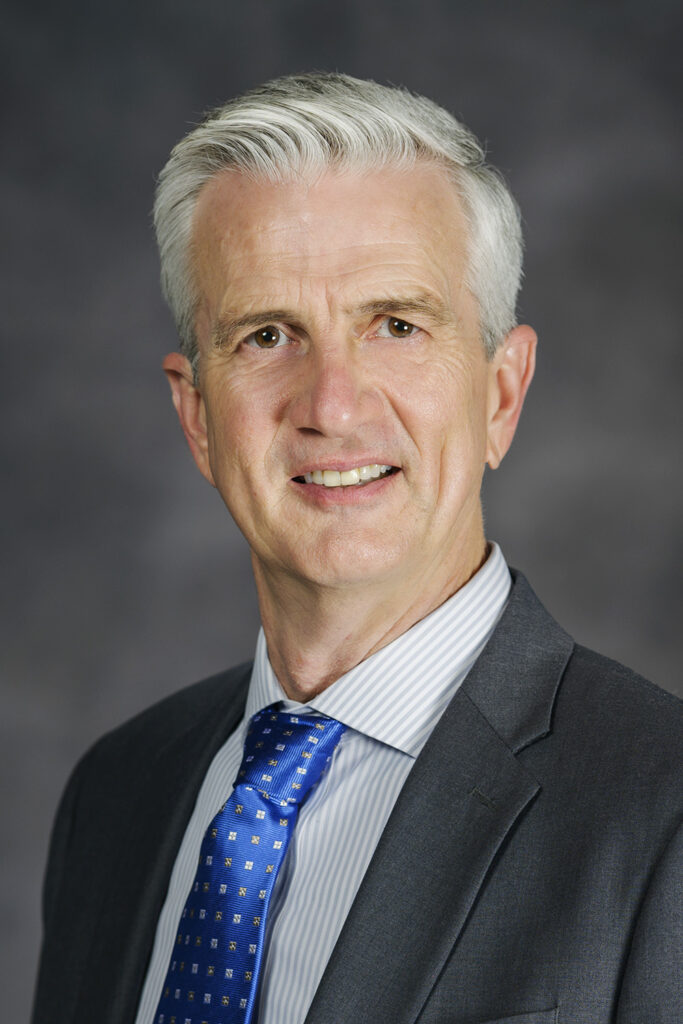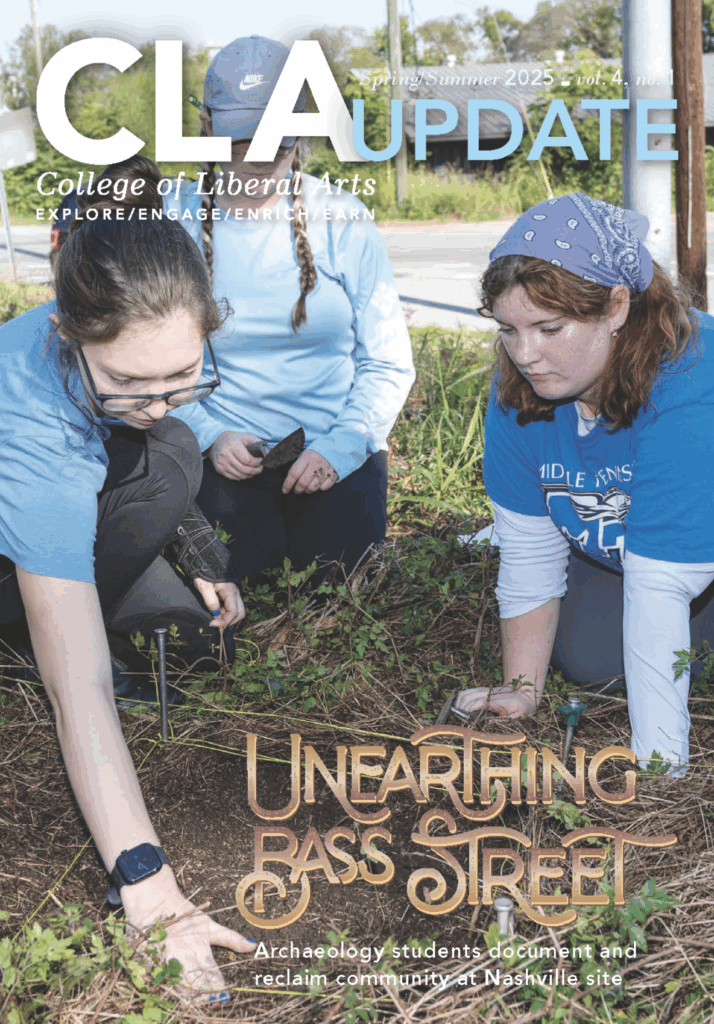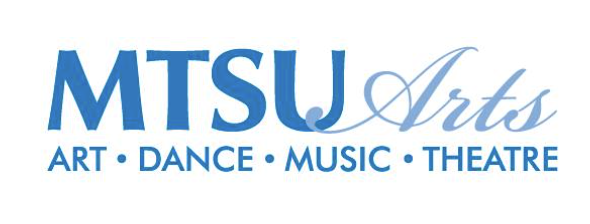College of Liberal Arts
Jeff Gibson

Since high school, I have been captivated by theatre and its power to transform. As a performer in my first show, I was “bitten by the theatre bug.” Soon afterwards, I had set my sights on finding a way to make a career in this incredible art. I sought any opportunity to be involved—as an actor, painting sets, hanging lights, working backstage—and it became a full-time obsession.
There were many things that attracted me to a life in the theatre. It was a place of belonging—a family. It allowed me the opportunity to discover myself, the world, and my place in it.
It challenged me to think from other perspectives and to walk in another’s shoes. And, it opened my mind to learning about culture, history, literature, and many other facets of existing and imagined life.
In college, my passion only broadened and so did my options. I was able to study theatre intensively through an incredible program at MTSU, and I soon directed my career goals toward design, technology, and management. This disciplinary study was augmented by coursework from across CLA: the history of western civilization, children’s literature, literature from the Victorian era, communication theory, and French. I also enjoyed the opportunity to explore beyond the confines of campus through attending my first professional conference (United States Institute of Theatre Technology) and being connected to work with Nashville-based dance and theatre companies and the live country music scene in Branson, Missouri.
After further study and professional work, I was fortunate to return to MTSU as a member of the faculty where I have taught arts management courses and career seminars and served as a department chair. In all of my leadership roles—as a teacher, mentor, university administrator, and nonprofit board member—I am reminded often of the value of my liberal arts training, and I lean on it daily. My education taught me to think critically, creatively, and collaboratively and to approach decision-making thoughtfully and with empathy for those who would be impacted by my choices. I also acknowledge the many transferrable skills gained and used routinely, especially listening, communicating clearly, coordinating with others, negotiating, and organizing.
I discuss this idea of transferrable skills with students in seminar courses, during advising sessions, and when meeting with prospective students and their families. I believe those skills are an important part of one’s development and preparation for a broad array of careers and for their lives. Frankly, I can think of no better way to develop them than through training and study within the liberal arts.


